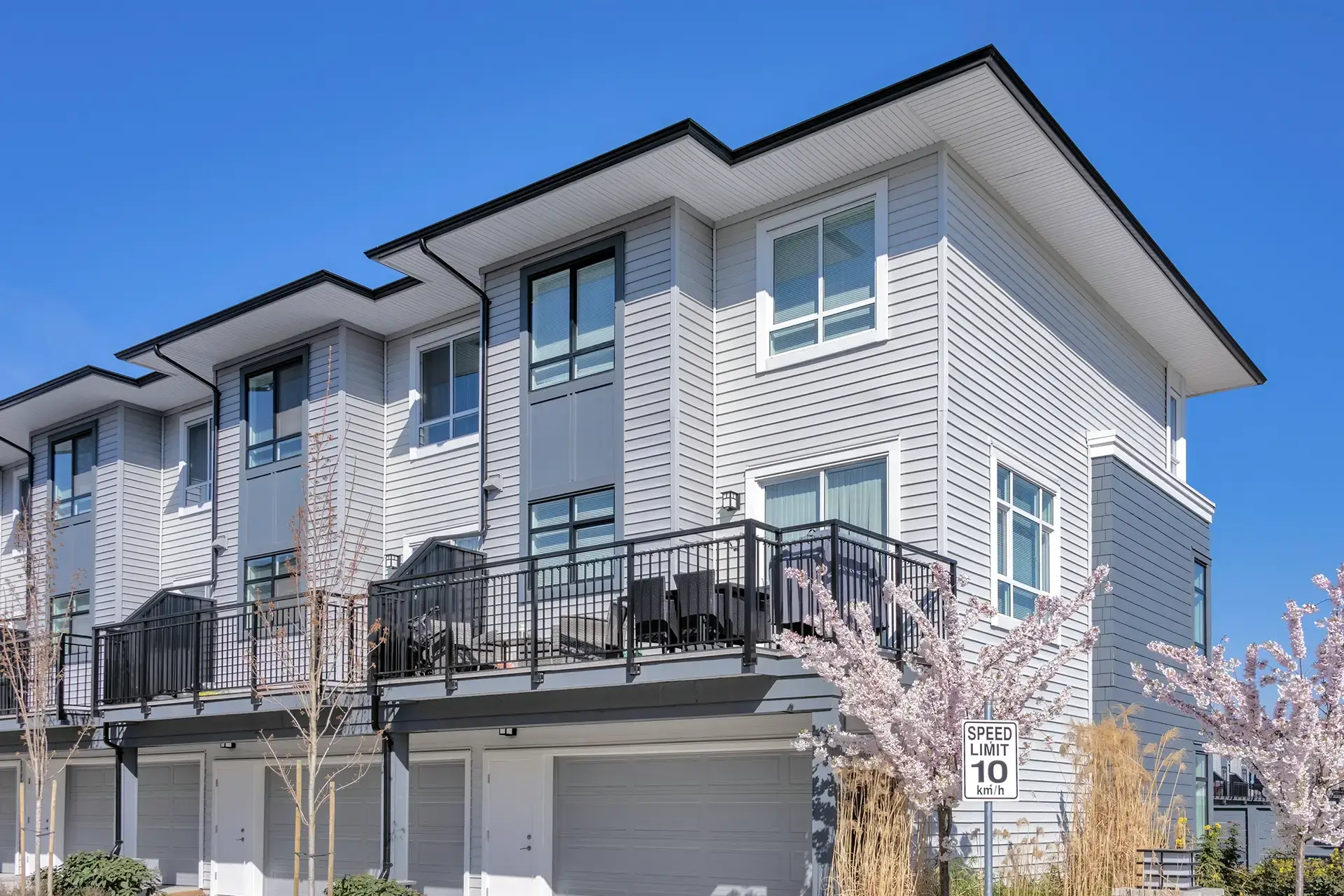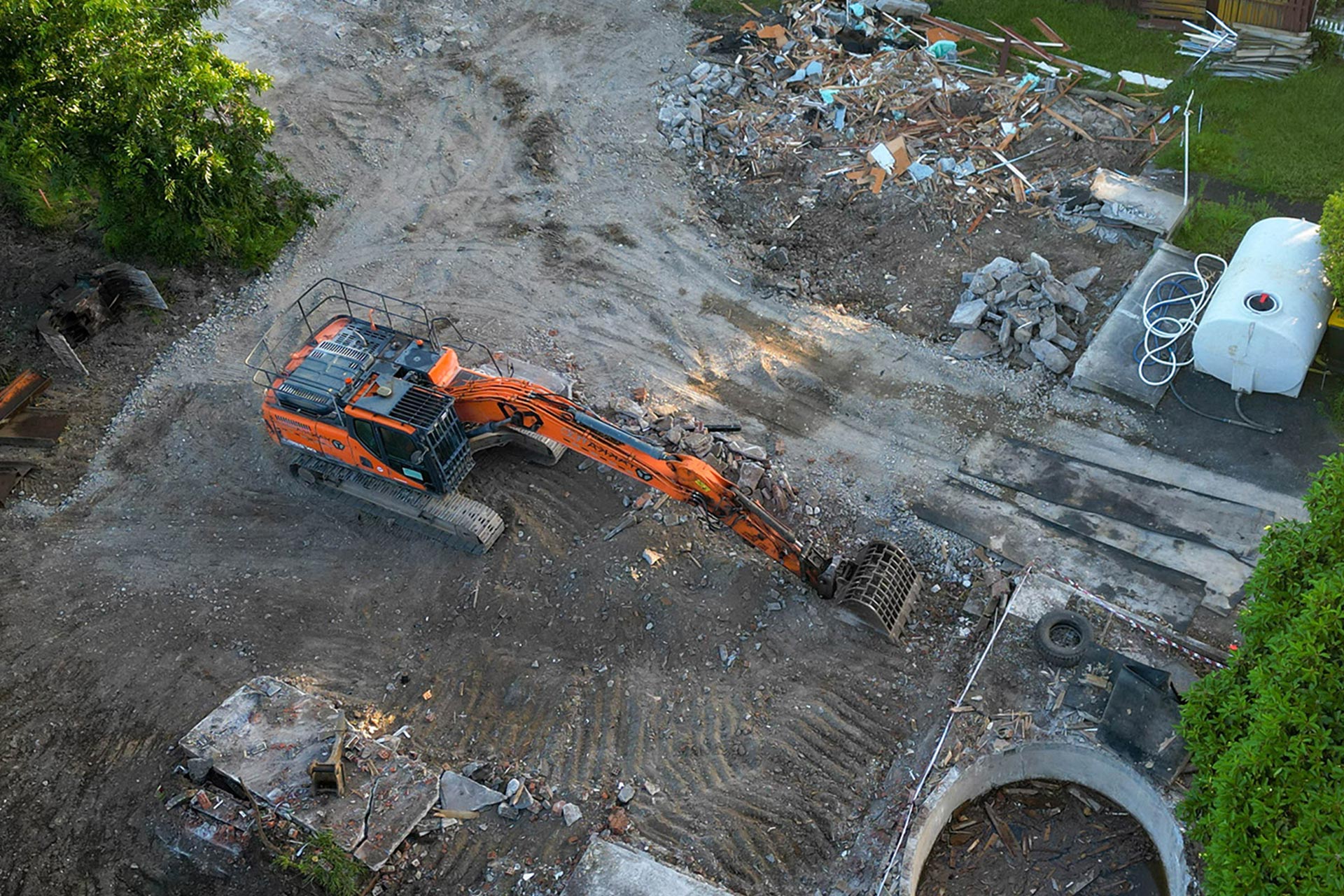Auckland Council has voted in favour of a housing intensification replacement plan that will reshape the city’s residential landscape. The decision, passed by 18 votes to five, supports Plan Change 120, which allows for high-rise buildings of 10–15 storeys around public transport hubs.
Housing intensification: A decisive move by Council
This decision follows central government direction for the city to plan for up to two million new homes over the coming decades. The outcome marks a significant departure from the earlier proposal under Plan Change 78, which focused primarily on three-storey developments across Auckland.
Legal and practical implications for developers
For developers, the Auckland Council housing intensification plan brings both opportunities and challenges. On one hand, higher-density zoning around transport hubs provides a clear framework for large-scale projects in areas with strong infrastructure links. This opens the door for ambitious developments that can meet the pressing demand for housing and align with government growth targets.
On the other hand, the process is not without hurdles. Critics have pointed to concerns over heritage suburbs and the lack of extended consultation. Some councillors noted potential “errors” in the mapping of high-rise areas and questioned whether the required capacity is realistic. Developers will need to be prepared for objections from residents, particularly in historic neighbourhoods, and for ongoing public consultation processes as the plan advances.
Balancing opportunity with compliance
For developers, the key consideration will be navigating the Resource Management Act (RMA) framework in the context of this intensification. The approved plan will undergo independent review, public submissions, and potential challenges. Each of these stages creates both risk and opportunity.
Strategically, developers may benefit from acting early. Securing sites near designated transport hubs before values escalate could prove advantageous. At the same time, careful legal guidance will be essential to ensure compliance with zoning rules, protect against objections, and address environmental or infrastructure considerations.
Why this matters now
The housing shortage in Auckland has long been at the centre of political and economic debate. The Council’s new direction offers clarity, but it also accelerates the pace of change. For developers, this is not merely about opportunity; it is about ensuring projects are viable within an evolving regulatory and social landscape.
As Mayor Wayne Brown noted during the council meeting, the choice was effectively between “three-storey developments or high-rises” – and government intervention would have followed if Council had failed to act. This demonstrates the level of pressure both Council and developers will face in delivering results.
Navigating Auckland Council housing intensification
Wynyard Wood has construction law specialists practiced in advising developers on all aspects of planning, construction law, and property development. With Auckland Council housing intensification now in motion, our role is to help you understand the new framework, manage risks, and position your projects for success.
Contact Wynyard Wood today for expert advice on Auckland Council housing intensification and construction law.
Related Articles:
Related Services:
If you are involved with a building project and need legal assistance, we can help you objectively review your circumstances, and what next steps are most appropriate for your situation.
Read More
The legal rules surrounding property are constantly evolving. See here for the many ways that we can help.







